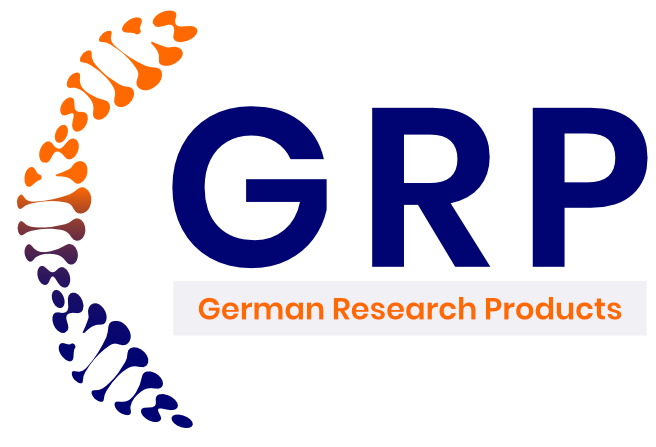Availability
- Request Lead Time
- In stock and ready for quick dispatch
Product Overview
| Product Name | Fibrinogen, Biotin conjugated |
|---|---|
| Catalog Number | GRP13238 |
| Species/Host | Chicken |
| Reactivity | Human |
| Predicted Reactivity | Bovine, Mouse, Porcine, Rabbit, Rat |
| Tested applications | WB, ID |
| Immunogen | Purified, full length native fibrinogen UniProt: Q9UE34 |
Product Properties
| Form/Appearance | Liquid in 0.15M sodium chloride, 0.02M sodium phosphate, 0.1% sodium azide, pH 7.2 |
|---|---|
| Storage | Store at 4°C; make aliquots to avoid working with a stock. Please, remember to spin tubes briefly prior to opening them to avoid any losses that might occur from liquid material adhering to the cap or sides of the tubes. |
| Note | For research use only. |
| Clonality | Polyclonal |
| Purity | Affinity purified IgY |
| MW | 75 kDa |
| Uniprot ID | Q9UE34 |
Application Notes
| Dilution Range | 1 : 5000 (WB) |
|---|---|
| Application Notes | Additional Information: Only one precipitation arc in immunodiffusion and immunoelectrophoresis against normal human plasma or human fibrinogen. Background: Fibrinogen is the main protein of blood coagulation system. It is a large protein and it consists of two identical subunits that contain three polypeptide chains: alpha, beta and gamma. All chains are connected with each other by a number of disulfide bonds. Fibrinopeptides A (1 to 16 amino acids) and B (1 to 17 amino acids) are released by thrombin from the N-terminal parts of alpha and beta chains, respectively. In this way fibrinogen is converted into fibrin, which by means of polymerization forms a fibrin clot. Fibrinogen clotting underlies pathogenesis of MI, thromboembolism and thromboses of arteries and veins, since fibrin is the main substrate for thrombus formation. Fibrinogen activation is also involved in pathogenesis of inflammation, tumor growth and many other diseases. The normal fibrinogen concentration in plasma is about 3 mg/ml. The elevated level of fibrinogen in patient's blood is regarded as an independent risk factor for cardiovascular diseases. An increase in blood fibrinogen concentration was shown to be a strong predictor of coronary heart disease (Sonel et al. 2000; Rapold et al. 1989). |
Reviews
Write Your Own Review

